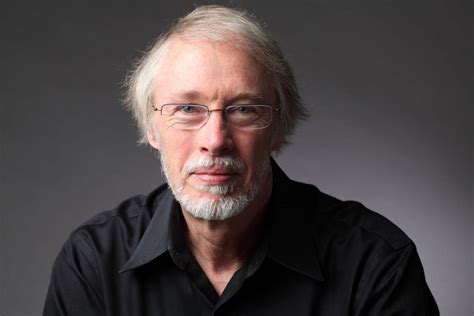A Quote by Charles Baxter
If you want to see the consequences of ideas, write a story. If you want to see the consequences of belief, write a story in which somebody is acting on the ideas or beliefs that she has.
Related Quotes
The ideas always have to be in service of the story. And that's what Scott and the writers did - they weren't trying to beat you over the head with an idea; they had a story they wanted to tell, and they had ideas, so they used the story as a way of fleshing out the ideas. It all depends on where they want to go with it.
The best crime stories are always about the crime and its consequences - you know, 'Crime And Punishment' is the classic. Where you have the crime, and its consequences are the story, but considering the crime and the consequences makes you think about the society in which the crime takes place, if you see what I mean.
The therapist does not treat patients by simply giving them another set of beliefs. He or she tries to help them see which kinds of ideas and beliefs have led to their suffering. Many patients want to get rid of their painful feelings, but they do not want to get rid of their beliefs, the viewpoints that are the very roots of their feelings.
I found that many gifted people are so afraid of writing a poor story that they cannot summon the nerve to write a single sentence for months. The thing to say to such people is: "See how *bad* a story you can write. See how dull you can be. Go ahead. That would be fun and interesting. I will give you ten dollars if you can write something thoroughly dull from beginning to end!" And of course, no one can.







































